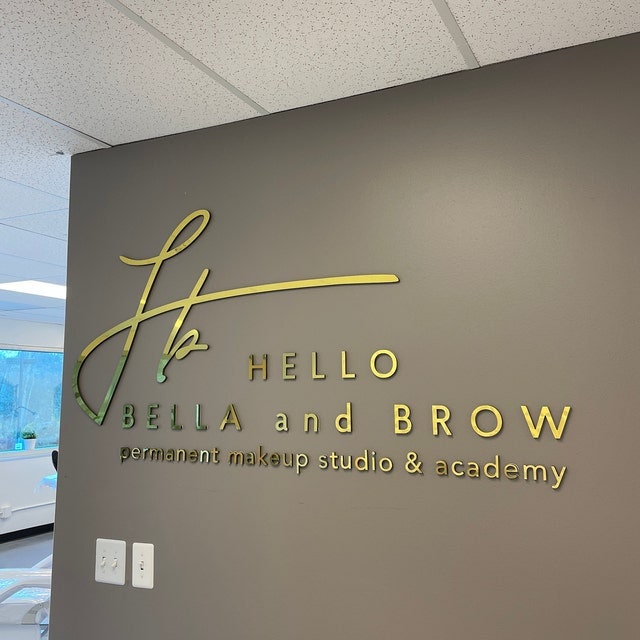Your cart is currently empty!
When Good Signs Go Bad: Lessons From 200+ International Projects
The cracked Arabic-English sign at Dubai’s Al Karama Souq told a story. “See these peeling letters?” said my client Ahmed, rubbing the faded text. “Our customers think we’re closing down.” That moment cemented my belief: a well-made sign doesn’t just guide people – it builds trust.
Part 1: The Hidden Cost of “Savings”
We almost lost the Nairobi church project over $2 screws. Their previous supplier used zinc-plated fasteners that rusted within months. Now our kits include 316 marine-grade stainless steel anchors – costs 30% more upfront, but as Pastor Mwangi confirmed: “Three rainy seasons later, still solid as our faith.”
Pro Tip: Always specify DIN 7985 standards for outdoor fixings. That extra line in your RFQ saves endless callbacks.
Part 2: Fonts That Speak Culture
Designing for Qatar’s Sidra Hospital taught us a crucial lesson: Arabic isn’t just translated – it’s transformed. Our team spent weeks with local calligraphers to adapt Thuluth script into ADA-compliant signage. The result? 40% faster navigation for Arabic speakers and a 2023 MEHA Design Award.
Client Quote: “You respected our heritage while meeting international standards.” – Dr. Al-Mansoori, Facility Director
Part 3: The Silent Killer of Outdoor Signs
Midwest winters destroyed more signs than any vandals. Our breakthrough came from an unlikely source: Canadian highway engineers. By applying their anti-icing laminate technique, we boosted Chicago community center signs’ lifespan from 18 months to 5+ years.
3 Key Upgrades:
- 3M™ Diamond Grade DG³ Reflective Sheeting (frost-resistant)
- Expansion gaps sized for -30°C to 50°C swings
- Hidden weep holes to prevent ice buildup
Part 4: When Simplicity Sells
The “Barcelona Bakery Paradox” still gets quoted in our team meetings: their elaborate hand-painted sign confused tourists, while the rival’s basic acrylic board with a bread icon doubled foot traffic. Now we use eye-tracking studies to validate designs – sometimes less truly is more.
Case Study Snapshot:
- Client: Family boulangerie in Montmartre
- Solution: Pictogram-heavy signs + gluten-free icons
- Result: 68% rise in international customers
Epilogue: Signs That Earn Their Keep
Last month, I visited our very first overseas project – a weathered but still legible park sign in Oslo. The caretaker smiled, “This old thing? It’s become a neighborhood landmark.” That’s the magic we chase: signs that outlive trends and become part of a place’s soul.
